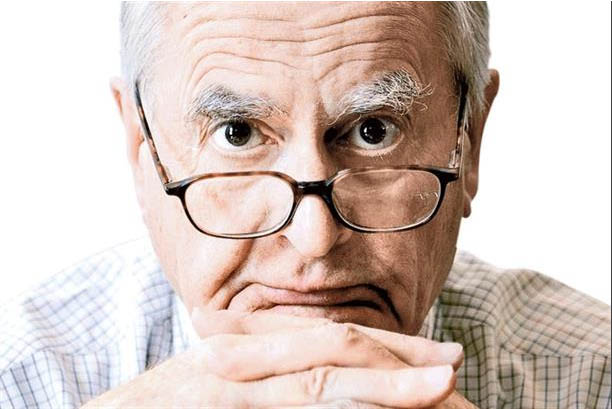One evening in the spring of 1954, Britain’s only television channel broadcast, in black and white, a documentary about Oxford University. It included some excerpts from an undergraduate revue, some parts of which I’d written.
Among the few thousand who saw it was George Butler, then head of art at J Walter Thompson London.
In the same year, the Television Act was granted Royal Assent, spelling the end of the BBC monopoly and the imminent advent of Independent Television. ("Independent" was preferred to "Commercial" on the grounds that commercial sounded rather too commercial.)
Advertising agencies were going to have to master this alarming new medium.
Erroneously, George thought that, because this revue had appeared on television, those who had devised it must know something about television. We knew nothing: a stage show had simply been recorded by BBC cameras. He asked to see me and I drove down from a gliding course on Dunstable Downs to 40 Berkeley Square, London W1.
I’ve no idea what I would have done with my life had George not been watching television that evening
Losing interest when he found I couldn’t draw, George, as an afterthought, suggested I take the agency’s copy test. I took it joyously: it was exactly my kind of writing. Having passed my final interview with the chairman, who asked me courteously how much money of my own I had, I started work at JWT London as a trainee copywriter on 25 October 1954 on £10 a week.
I’ve no idea what I would have done with my life had George not been watching television that evening. I do know that it couldn’t have been such a rewarding one.
Jeremy Bullmore was unemployed in early 1954; now he is a member of the WPP Advisory Board


